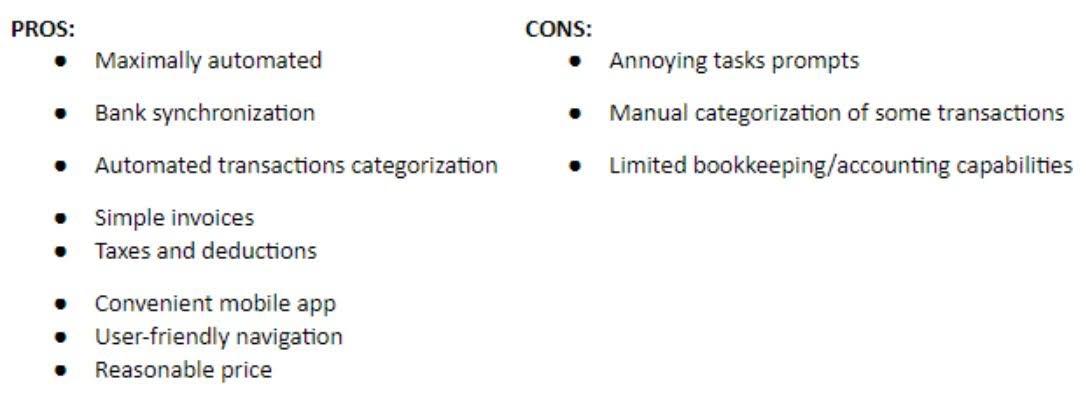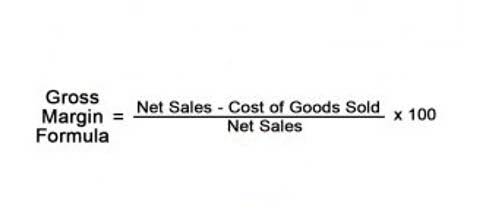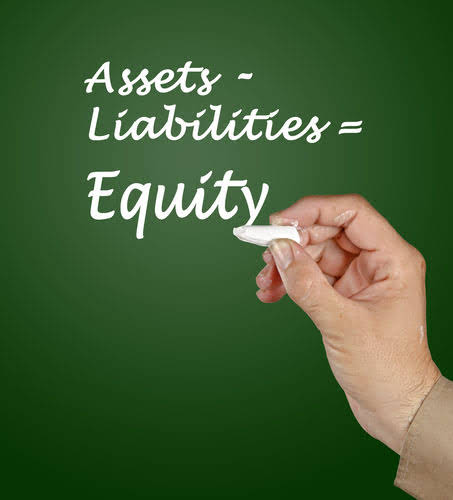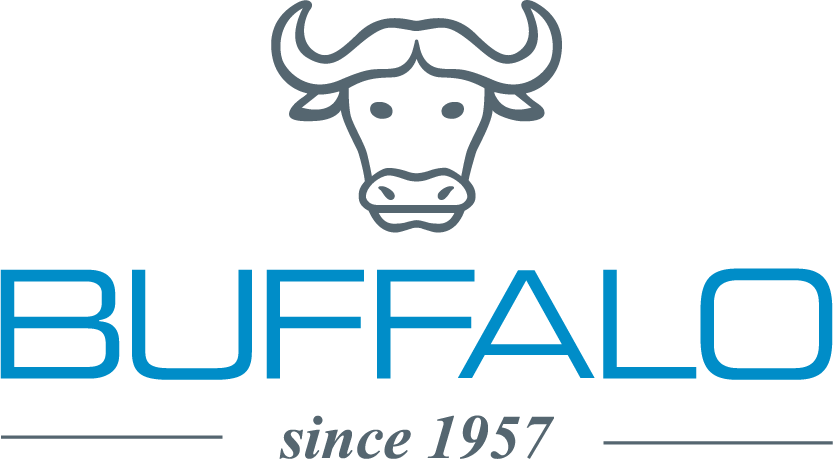The Best Accounting Software for Sole Traders

This reduces taxable profit which equates to a lower tax liability. As a sole trader you are classed as self-employed and if your business income is over £1,000, you must pay income tax on your profits. This is done by filing a self-assessment tax return annually with HMRC so your income tax liability can be calculated. To facilitate this, you must keep records of income and business expenses throughout the year. Your income tax bill must of course be paid, and you also pay class 4 national insurance contributions. Financial reporting and compliance obligations for sole traders differ from corporations.
- Use cloud accounting tools or mobile apps to record transactions.
- This service is renewable annually, with an additional fee for forwarding general business correspondence.If you need cloud based phone services, enquire now.
- Oh, and don’t forget, if your turnover exceeds £85,000, you must register for VAT.
- These features help sole traders get paid faster, reduce missed payments, and improve cash flow.
- Our free cashbook template makes it easy to post your business income and expenses monthly, and you can use our guide to claim all the business expenses you are entitled to.
Managing Invoices And Payments
Sign up today to try out our accounting software features for your self-employed business before you commit. You don’t need your credit card and you can cancel anytime, with no lock-in contracts. Quickbooks is the perfect choice of accounting software for sole traders, freelancers and contractors in Australia. Our software has been designed with small Aussie businesses in mind, so you can rest easy knowing we’re looking out for you.
What are the accounting obligations of a sole proprietorship?
This simplifies the process of completing your annual accounts and Self Assessment Tax Return, saving you valuable time and effort. Solo calculates your taxes, tax returns and shows you how much tax to put aside, but does not take the tax out of your income or make payments to IRD on your behalf. Solo is the only accounting app that calculates your income tax return and provides all the figures you need to simply copy & paste into your online return. One misconception is that accountants are only for big businesses. In reality, even sole traders can benefit from their expertise in minimising tax liabilities and troubleshooting HMRC’s compliance checks. Consider hiring an accountant if you’re short on time or unfamiliar with tax laws.
National Insurance Contributions
Handling accounts yourself might seem cost-effective but risks errors that could lead to HMRC penalties. Collaborating with a qualified accountant can simplify year-end procedures, ensure compliance, and help maximise deductions. So, how do you simplify the process and make your accounting work for you? Stick around, and we’ll break it all down for you in a way that’s easy to follow. Ultimately, it’s the skills available in-house, the budget and above all the type of accounting to be applied that determines whether or not to use a chartered accountant.

This business structure differs from partnerships, where income is shared. With accounting software, you can run off your VAT return in minutes, check the figures and submit it to HMRC. Any extra Class 4 National Insurance payments will be calculated by your accountant at the end of your tax year. You need to pay your tax on this income by the following 31 January (you need to submit your tax return by this date too). As a sole trader there are a variety of expenses you can claim to offset your expenditure. HMRC carries out random checks on businesses to check they are compliant with tax regulations, so you’ll need to hang on to all the paperwork and make sure it’s accurate and up to date.
- You should always ensure that the bank balance equals the bank figure.
- This means there’s no legal distinction between the business and the owner’s finances.
- This speeds up the whole process of getting the work—and getting paid for it.
- Accounting software can help you automate this process and ensure you are always in compliance with EU VAT regulations.
Workday Enterprise Management Cloud

Bear in mind that MTD for ITSA will only affect sole traders who make more than £50,000 per year. At public or private limited companies, income tax is automatically deducted from an employee’s paycheque. Surprisingly, some sole traders have employees just like a small business.

Self-employed Accounting Software
She enjoys designing and creating resources that provides students with deeper understanding of the subject content. Donna has a Bachelor of Science Degree in Business Administration with major in Accounting and Finance (BSc Hons) and ACCA certified to Level 2. If you make a purchase through the links on our site, we may earn a commission from the retailers of the products we have reviewed. This helps Startups.co.uk to provide free reviews for our readers. It has no additional cost to you, and never affects the editorial independence of our reviews. At Startups, it’s imperative to us that the product recommendations we give to you are useful, accurate, and based on normal balance thorough product testing.

- Classifying transactions right is vital – miscoded figures severely skew reports relied upon for managing taxes, profits, and cash.
- For example, if you purchase office equipment, you’ll need to record the date, amount spent, and VAT if applicable.
- Business costs are anything you have spent money on to help you earn your income, such as office supplies or travel costs.
- A self-employed person who shares their income with a business partner is not a sole trader.
- Tool Protect can generate the required police and insurance reports in minutes.
Accounting software for Sole Traders like Crunch can help you track your drawings, making sure you’re ready when it’s time to file your Self Assessment. It’s not a legal requirement, but having a separate business account makes tracking expenses Online Bookkeeping and completing your Self Assessment much easier. With Crunch, you can also link your business bank account via Open Banking for daily automatic imports. If you’re looking for a business bank account, our bank partner Zempler is a great choice. You can apply in minutes and even get £50 when you join through Crunch (as long as you deposit £250 in the first 30 days). QuickBooks is a well-established and highly trusted accounting solution, known for its flexibility and ease of use.

The good news is that many of these running costs can be claimed as business expenses, meaning you’ll pay less tax and get to keep more of your hard-earned money. Self Assessment – often referred to as a ‘tax return’ – is a way for HMRC to calculate how much Income Tax and National sole trader accounting Insurance Contributions you’ll need to pay. For contracted employees, your tax is deducted monthly on your employment income through the PAYE system.

